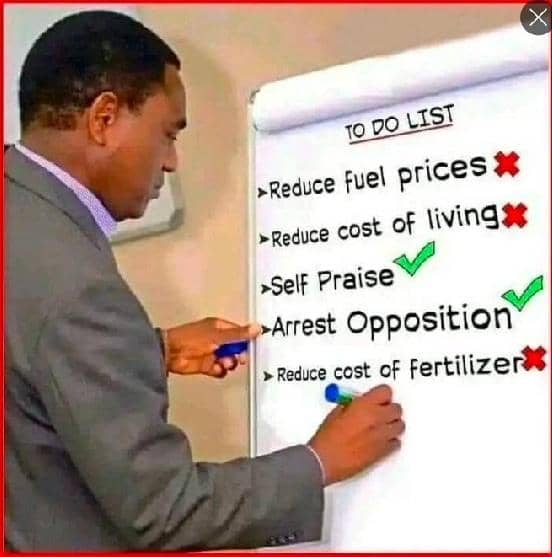
Acquiring knowledge empowers us to pursue the ultimate goal in life: fostering virtue, allowing us to contribute positively to society and master our own desires.
By Mpandashalo Mwewa.
Lusaka, June 13 – Oprah Winfrey is arguably one of the most renowned broadcasters in America. It’s been reported that upon announcing her retirement, a festival was held in her honour at a football stadium. Then came an astonishing revelation that she had quietly sponsored over 65,000 impoverished individuals over a span of twenty-five years, without any public awareness.
Also Read: Why are Aristotle’s Categories Fundamental to Logic?
Aristotle’s Categories are fundamental to logic because they provide the tools and terms for logical analysis and discourse. The main use of logic is investigating how conclusions follow from premises in formal arguments.
A large number of individuals gathered at the stadium, with 450 people holding candles. Among them were five professors from Harvard University who delivered a brief sermon encapsulating their sentiments: “Without Oprah, our circumstances today would be markedly different.”
Here’s an individual transforming the lives of 65,000 people without fanfare. Indeed, humanity is not a creed but a stature achieved by some, as Socrates put it.
“Humanity is not a religion, but rather a rank that some people reach!” – Socrates.
Editor’s Notes: Socrates, the Greek philosopher, firmly believed that striving for virtue is the most important pursuit in life. He emphasized that a virtuous person positively impacts society while also exercising control over their actions and desires.
According to Socrates, acquiring knowledge leads to virtue. He proposed that people consistently seek actions that improve their well-being. Thus, if they were aware that nurturing virtue results in the highest good, they would inevitably prioritize its development.
But wait! People frequently engage in behaviours that are detrimental to themselves, such as consuming unhealthy foods, using drugs, or procrastinating.
Indeed, they engage in those actions believing they’ll yield short-term benefits, yet they remain unaware of the long-term repercussions. With sufficient knowledge and a deep understanding of the consequences, they would refrain from such actions altogether. Socrates summed it up nicely…
“There is only one good, knowledge, and one evil, ignorance!” – Socrates.
Socrates observed that those esteemed as the wisest in society often lacked true wisdom. Military leaders couldn’t articulate the rationale behind their battle strategies, and the wealthy were uncertain about the source of their wealth compared to others. Their followership stemmed from societal conformity rather than genuine insight or understanding.
Humans, much like other animals, possess a strong instinct to follow their peers, often presuming that power, wealth, or status equates to wisdom and knowledge. However, this assumption is not always accurate. Socrates urged individuals to seek truth rather than blindly conforming to societal norms.
Let’s take inspiration from Oprah Winfrey and pursue knowledge, acknowledging its significance in achieving life’s paramount objective: nurturing virtue. Virtue empowers us to make positive contributions to society and to govern our actions and desires with self-control.
Also Read: Accountability for the Zambia Police’s incompetence rests with President Hichilema!
Woodpecker’s Digest perceives the suggestion by President Hichilema of involving the Zambia Army in maintaining law and order as a deliberate step towards distancing the country from democratic norms.
About The Author: Mpandashalo Mwewa, currently the Chief Editor at Woodpecker’s Digest, formerly held the same role at Zambia Reports. Known for championing Pan-African education reforms with a focus on critical thinking, he employs journalism to instigate social transformation.
About Our Advocacy: Woodpecker’s Digest, an online platform, provides analyses and commentaries on pertinent issues of national interest, complemented by articles focusing on personal development and and health. Journalism is a powerful tool for driving positive socio-economic change!
©2024 Woodpecker’s Digest.
Putting news into perspective







